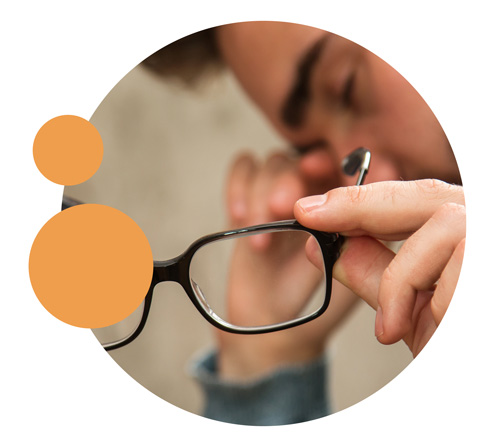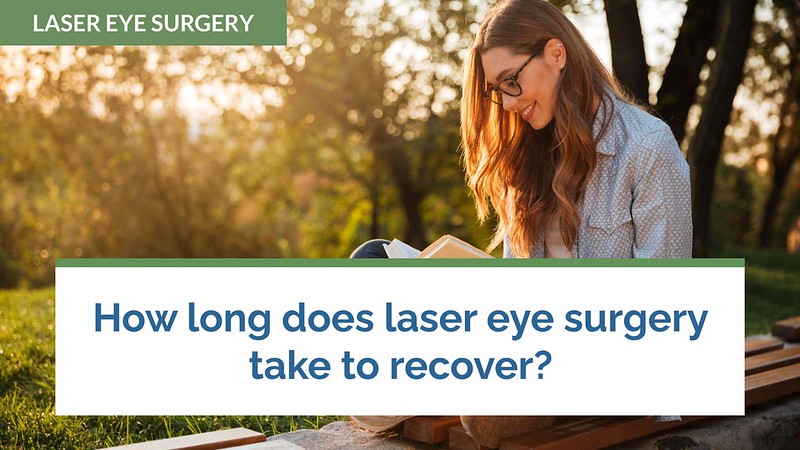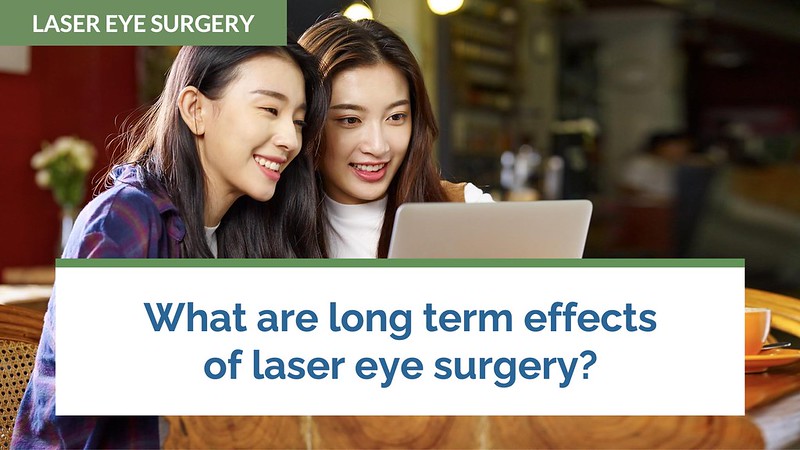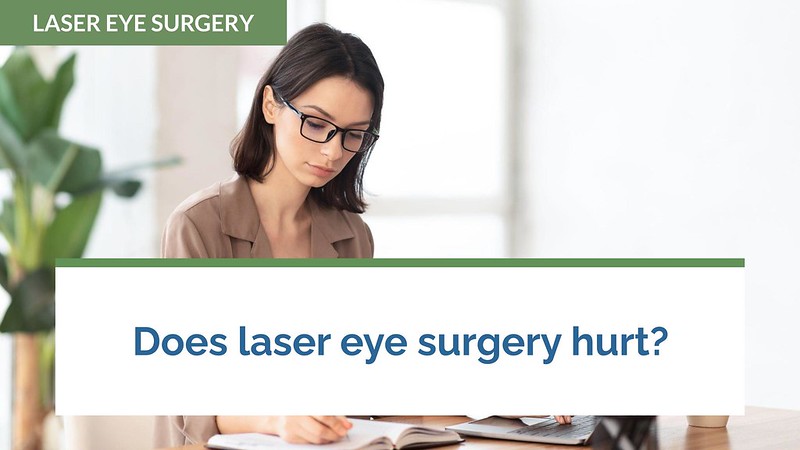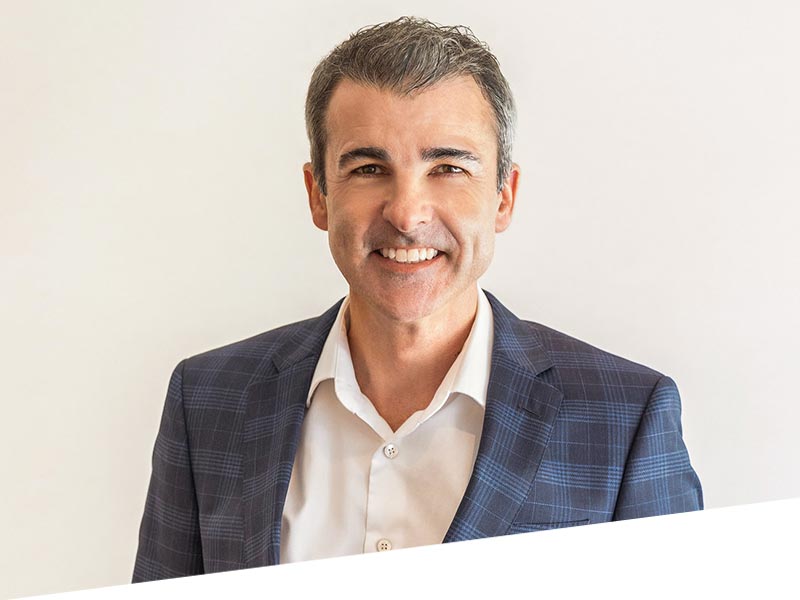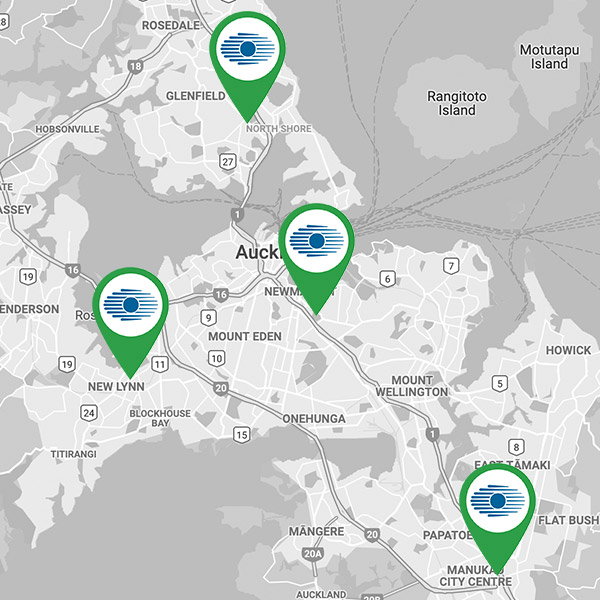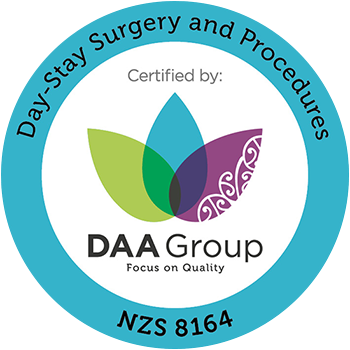You’ll feel great about your vision after PRK, but you’ll need to manage your expectations on how you’ll feel immediately afterwards
Laser vision correction options can be confusing. We’ve made the journey as straightforward as can be
Don’t let anything stand in the way of you and beautiful natural vision

Embrace beautiful natural vision
If you’ve worn glasses and contact lenses your whole life, you’ll be familiar with the many trials and tribulations that can accompany them. Glasses can make you feel inconvenienced, self-conscious and restricted, while contact lenses can be uncomfortable, cause dry eyes and increase your risk of eye infections.
After PRK laser eye surgery, you’ll have freed yourself from their limiting nature and can enjoy life with the beautiful natural vision you deserve.

When frustration turns into freedom
Studies have shown that the transition from visually dependent to visual liberation can do amazing things for your quality of life. Our patients report feeling more confident, healthy and more eager to join in on social events and activities.

REMOVING BARRIERS
Whether you’re into extreme sports, gentle walks or morning talks over coffee, there’s nothing more distracting than your glasses slipping down your nose, fogging-up or falling-off. Contact lenses can be just as bad; they can slip out of place, require constant cleaning and storing, and can cost a small fortune over time!
After PRK, our patients no longer have to endure the inconveniences of glasses and contacts and find they have more energy and drive to devote to their hobbies, careers and the people around them.

Don’t settle for anything less
If poor vision and a life of glasses and contacts are all you know, it can be easy to accept their drawbacks and just carry on.
Don’t settle! Not many things are as precious as sight, and the experiences and opportunities that amazing natural vision can give you are priceless. Our patients will tell you that their only regret is that they didn’t do it sooner.
Discover how this straightforward treatment gives you visual freedom
Discover if you could be free from glasses and contacts
Everyone deserves a life free from glasses and contacts, but not everyone is suitable. The best way to find out if vision correction is right for you is to book a free laser assessment. You’ll get a clear and honest answer on your suitability and treatment options.
Discover if you could be free from glasses and contacts
Everyone deserves a life free from glasses and contacts, but not everyone is suitable. The best way to find out if vision correction is right for you is to book a free laser assessment. You’ll get a clear and honest answer on your suitability and treatment options.
Choose the option below that sounds most like you to discover your best solution
We are proud to be a part of these professional bodies
Take this quick quiz to discover if you can be free from glasses and contacts
Not everyone can benefit from laser eye surgery. You have many different options depending on your eyes, age and lifestyle. Take this quick 2-min quiz to find out which type of laser eye surgery or other vision correction treatment might be right for you.
Learn more about this bladeless laser eye treatment from authoritative sources
Note: These links will take you off our website
Our industry-leading experts are here to guide you every step of the way

Dr Nick Mantell
Dr Mantell is a specialist in refractive and cataract surgery. He has restored the vision of thousands of people in his 17-year career.

Dr Peter Ring
Dr Ring is an expert in cornea, cataract and refractive surgery.

Dr Shanu Subbiah
Dr Subbiah is a cataract, corneal and laser surgery specialist.
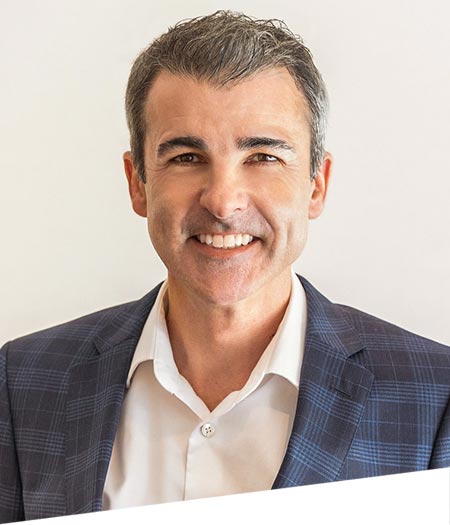
Dr Adam Watson
Dr Watson specialises in treating many aspects of the eye, including the face, eyelids, tear drainage system and the cornea.

Dr Jay Meyer
Dr. Jay J. Meyer is a specialist eye surgeon with expertise in cataracts, glaucoma, and corneal diseases and surgeries.
Dr Nick Mantell
MB ChB
Dr Mantell is a specialist in cataract surgery. He has restored the vision of over 8,500 people in a 17-year career.
LEARN MORE

Dr Shanu Subbiah
MBChB MRCOphth FRCOphth
Dr Subbiah is a cataract, corneal and laser surgery specialist.
LEARN MORE
Dr Adam Watson
MB ChB
Dr Watson specialises in treating many aspects of the eye, including the face, eyelids, tear drainage system and the cornea.
LEARN MORE
Dr Jay Meyer
BS MPH MD
Dr. Jay J. Meyer is a specialist eye surgeon with expertise in cataracts, glaucoma, and corneal diseases and surgeries.












